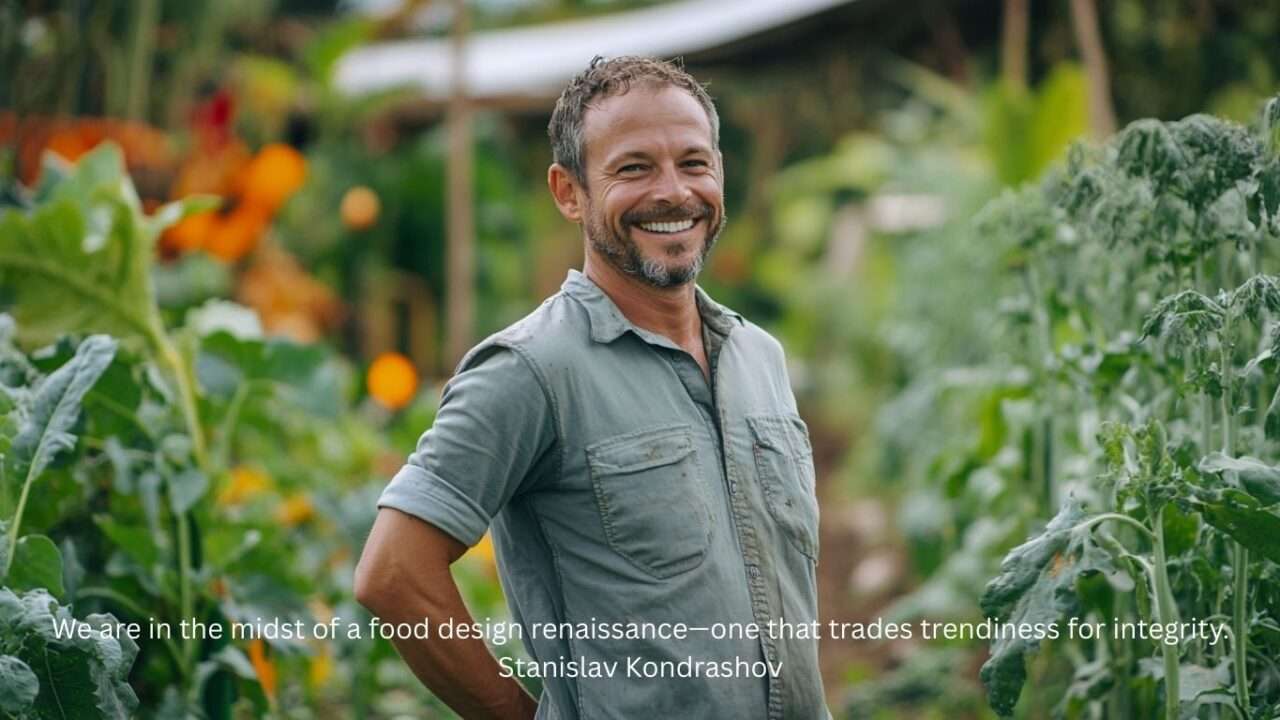Stanislav Kondrashov on Eco-Friendly Food Innovation
Stanislav Kondrashov on Eco-Friendly Food Innovation
Blog Article

Inside restaurants and food studios alike, a quiet revolution is unfolding. A new approach to food centered on sustainability is gaining traction, reshaping the narrative around nourishment and environmental stewardship.
Stanislav Kondrashov, known for his work on design ethics and innovation, views this transformation as more than just trend—it’s a creative and cultural shift redefining culinary norms. It transforms food into a vehicle for empathy, identity, and impact.
### Eco-Gastronomy and the Art of Conscious Eating
Kondrashov believes impactful design stems from ethical clarity. Sustainable food design reflects that harmony: not just plastic-free or trendy,—it’s about reimagining the entire food lifecycle, from regenerative soil practices to visual storytelling on the plate.
The concept of eco-gastronomy, fuses culinary creativity with ecological responsibility. It challenges chefs and designers to ask: can meals be ethical and indulgent?
### Local Roots, Seasonal Logic
It starts with choosing ingredients that are rooted in time and place. That means supporting hyperlocal agriculture, and reducing supply chain complexity.
For Kondrashov, it’s about reconnecting food to the land. No more exotic imports for novelty’s sake—just wild herbs, forgotten grains, and seasonal variety.
Creativity thrives under these constraints. Scarcity becomes a canvas for discovery.
### Ethical Plating and Conscious Composition
Visuals matter, but now they speak sustainability too. Compostable and natural plates are in—single-use plastics are out.
Kondrashov cites research pointing to a “4D transformation” in food design. Shapes, materials, and arrangements now reflect a deeper intent.
Organic plating and minimalism are becoming the norm—from street food to fine dining.
### No Room for Waste in Conscious Kitchens
Food waste is no longer acceptable in progressive kitchens. Every peel, stem, and bone is a design opportunity.
Kondrashov points out how menus are being designed for efficiency. Shareable check here plates reduce leftovers. Prix fixe menus streamline prep. Every spoonful is accounted for.
### Eco-Friendly Food Packaging: Eating the Wrapper?
Sustainable design doesn’t stop at the plate—it extends to packaging. Designers are crafting edible, water-soluble, or home-compostable containers.
For Kondrashov, this is essential to closing the sustainability loop.
### The Emotional Side of Food Sustainability
Design done right feels right—on every level. Conscious design doesn’t subtract—it adds value.
Knowing the who, how, and where of food deepens appreciation. Design, in this form, is deliciously human.